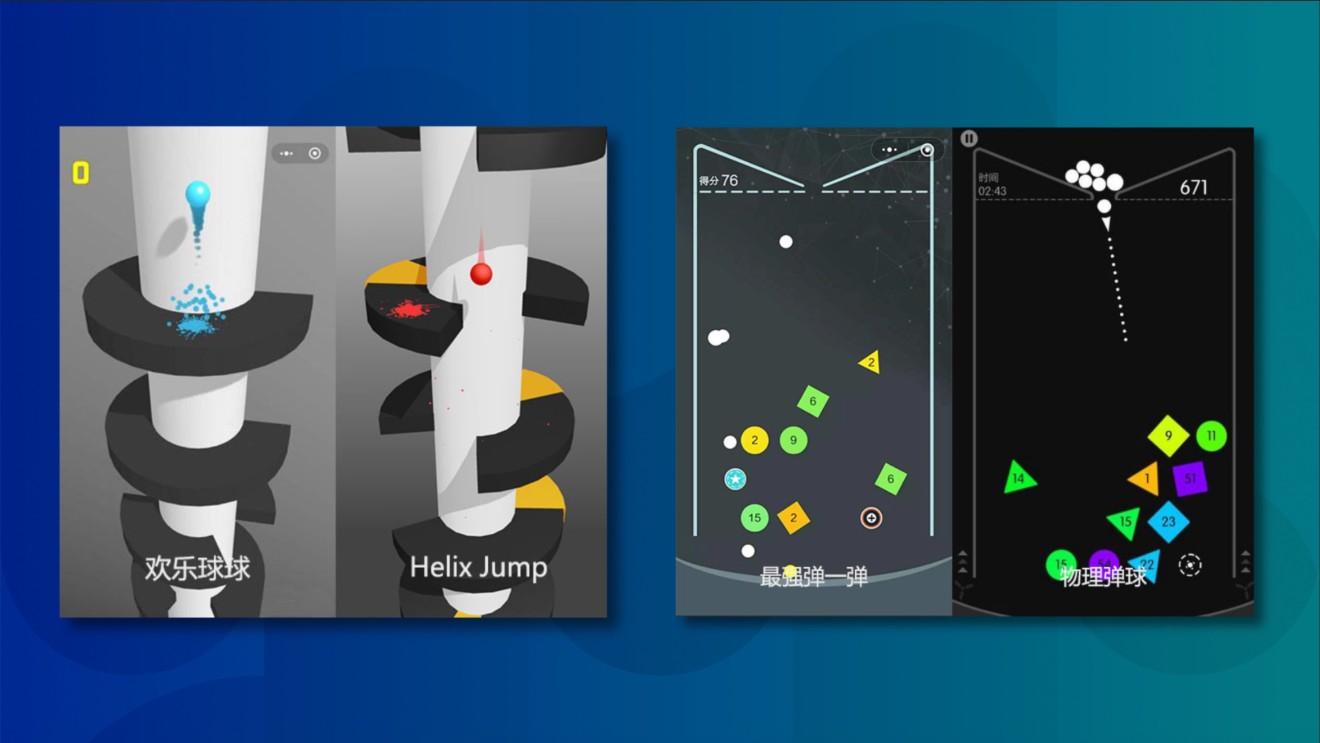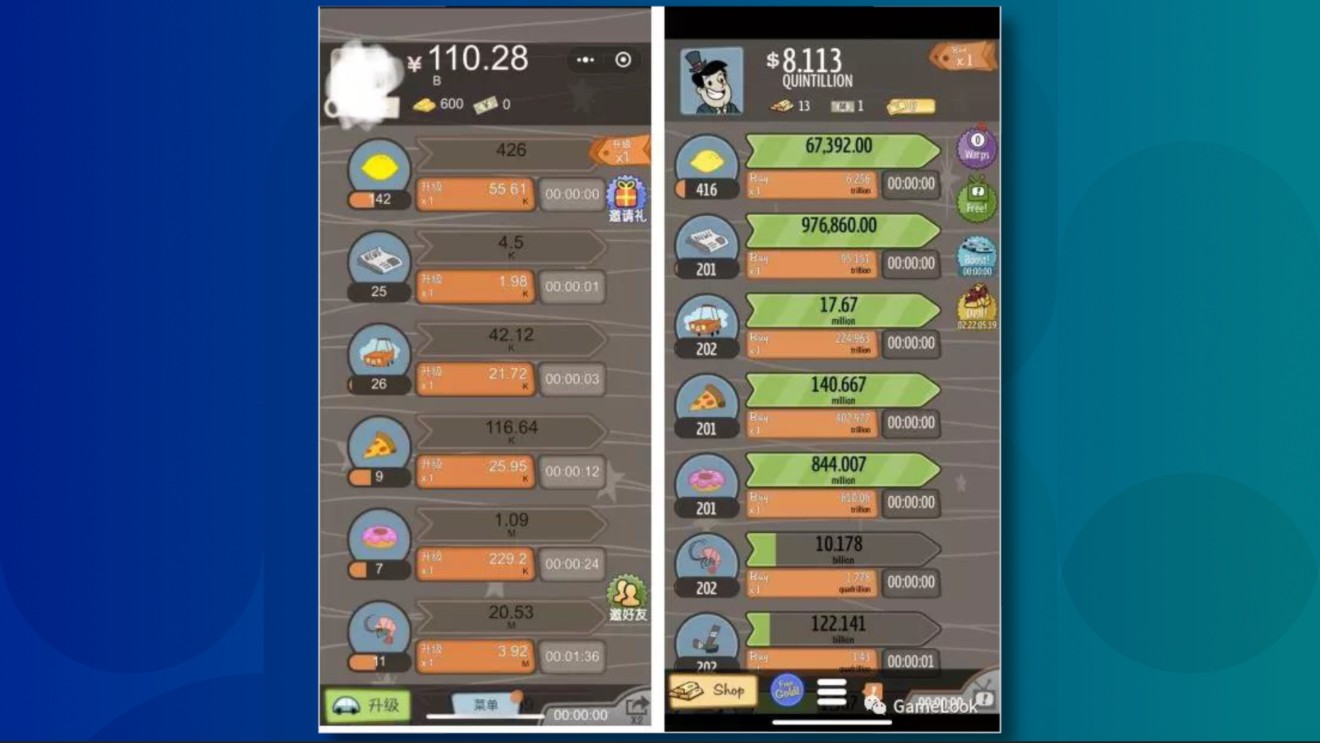
Tencent wants to pay developers more to make better games for WeChat
WeChat's mini programs are hugely popular, but its games section is flooded with clones
Remember those games that you can play directly on Facebook Messenger? China’s biggest messaging app WeChat has the same thing.
They’re part of WeChat’s lineup of mini programs, essentially lightweight apps that can run virtually instantly without the need for long downloads.
But... remember how those little Messenger games feel a little cheap? Well, WeChat has the same thing there, too.
To put that into perspective, having one million mini apps puts WeChat at around half the size of Apple’s iOS App Store.
WeChat, the app that does everything


If you want to hire a studio to reskin a hit game for you, it would reportedly cost you somewhere between US$3,000 and US$7,000, with a one to three weeks development period.
For anyone familiar with game publishing, you might be puzzled by how this new cut is notable. After all, Apple’s App Store and Google Play have been operating with a 70-30 split with app makers for a while now.
The implications are amplified when you consider that Google Play is blocked in China, while the country’s Android market is growing bigger and bigger by the minute as more homegrown smartphone brands rise to prominence.
But recent signs of Google’s plan to grow more in China is making people think that a marketwide standardization of a 70-30 split is destined to happen -- something to bear in mind when considering Tencent’s apparent generosity.

However, the good news has come at a very inconvenient time. China has stopped approving new games this year, so none of the mini games on WeChat are currently allowed to monetize.
Pony Ma, the tycoon behind China's social media and gaming giant Tencent
China’s biggest game company is cutting ads because the country isn’t approving new games
For more insights into China tech, sign up for our tech newsletters, subscribe to our Inside China Tech podcast, and download the comprehensive 2019 China Internet Report. Also roam China Tech City, an award-winning interactive digital map at our sister site Abacus.

